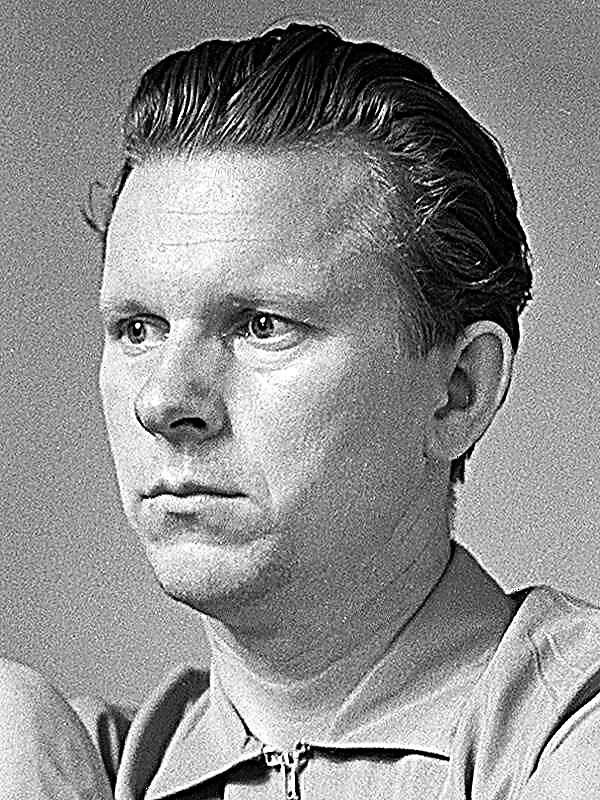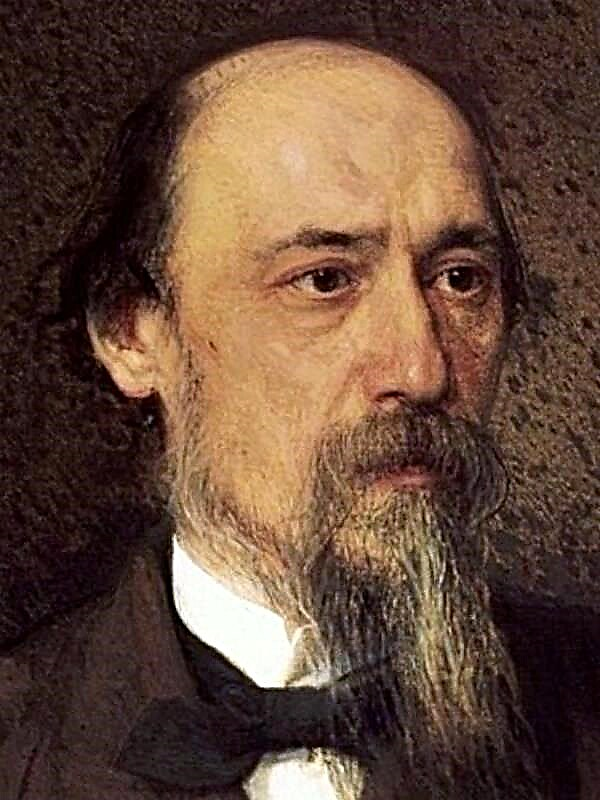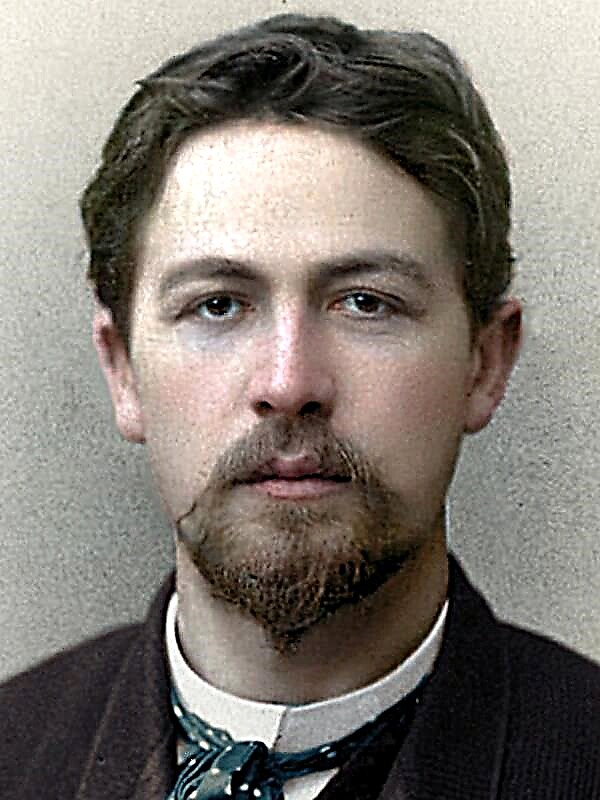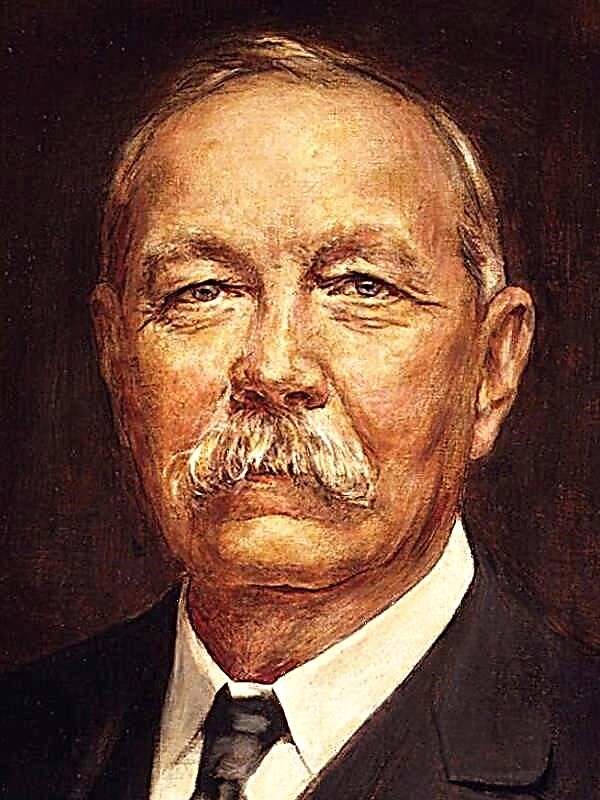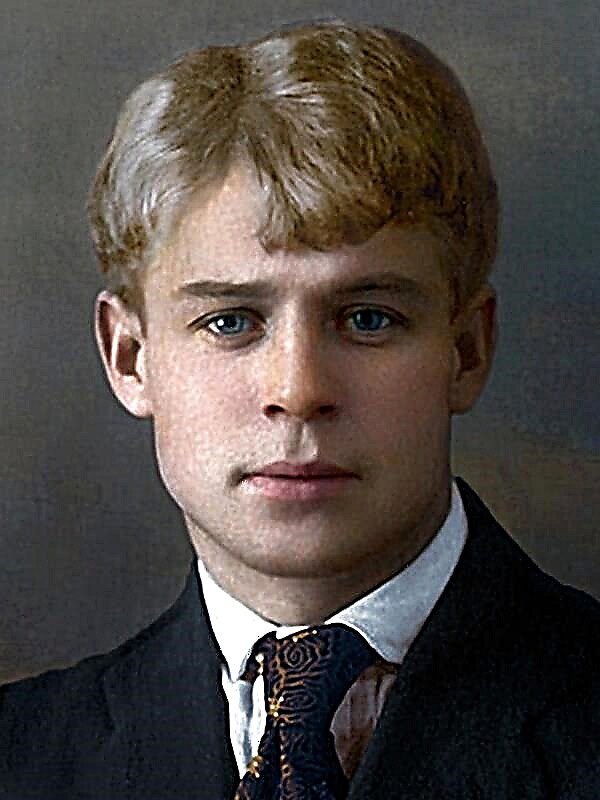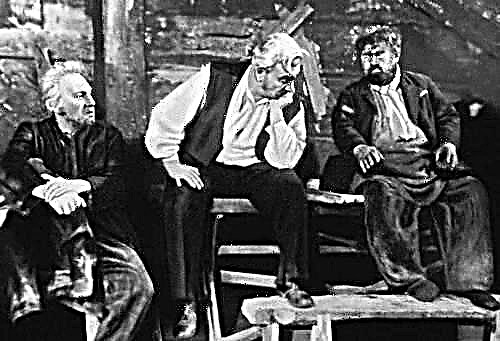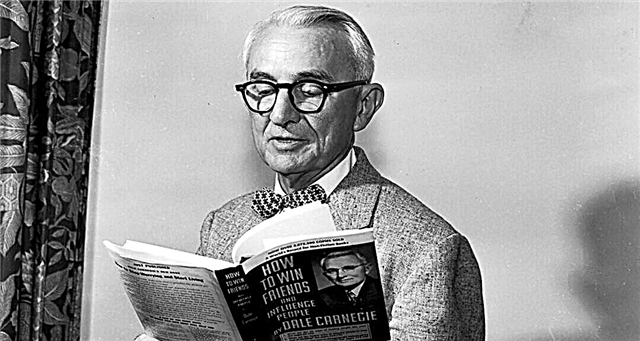(291 words) The lyrics of the Russian poet Fyodor Ivanovich Tyutchev are filled with deep content, philosophical themes are often intertwined in one work, making it difficult ideologically. The most constant themes found in the poet’s work are love and relationships, man and the cosmos, nature and its laws, as well as the basic principles of the author’s worldview. Consider some of the author’s poems and the problems that he raises in them.
For example, the familiar poem “Silentium!” talks about the fact that a person should keep his dreams and feelings secret so that they do not lose their innermost meaning in the garb of beaten words. The person in the soul has a whole world full of innermost thoughts, and this world belongs only to him.
Another example is the philosophical work Day and Night. In it, the poet explains the mysterious nature of the night, the fear of an open starry sky. Tyutchev believes that night is the Universe, open in all its nature to the human eye. Since it is immense and full of secrets, this is why it inspires fear in a person.
Tyutchev’s theme of love is no less exciting. He believes that the essence of this feeling is its tragedy, sacrifice, sometimes not at all equal. So, in the poem “Predestination” it is said that the union of two loving hearts is always a “fatal duel” in which one soul, more tender and fragile, sooner or later loses to a stronger soul and “wears out, finally.”
The third topic, which Tyutchev often paid attention to, is nature. In the famous poem “Not That You Think, Nature ...” the poet claims that nature is alive, that “there is a soul in it, there is freedom in it, / in it there is love, in it there is language ...”. At the same time, he speaks with annoyance about those for whom the voices of the surrounding world mean nothing, comparing such people with a deaf-mute organ without feelings.
So we sorted out the main themes of Tyutchev’s lyrics and the problems that he raises in his works. His poems are distinguished by great emotional and semantic load.

